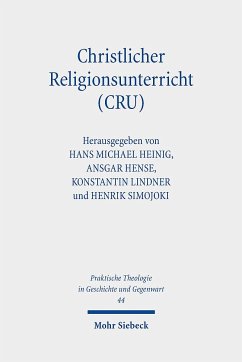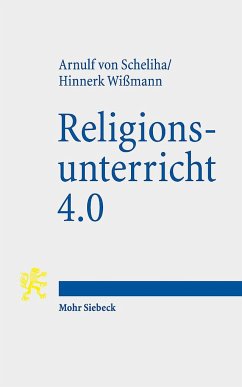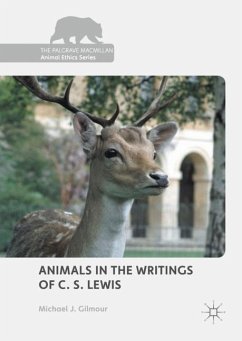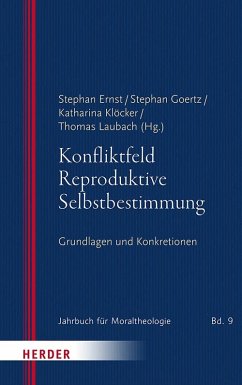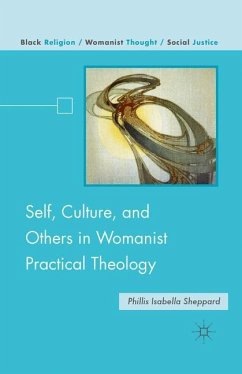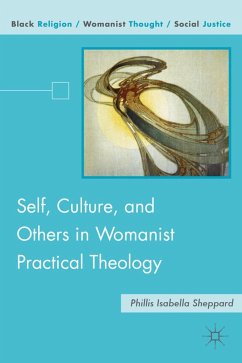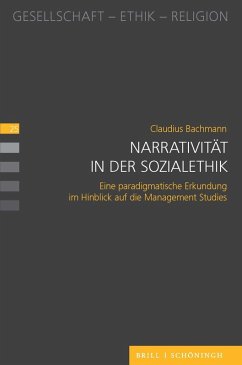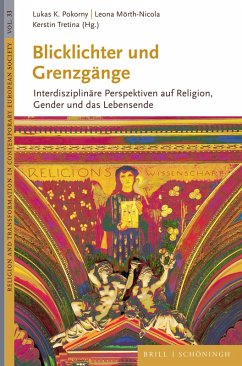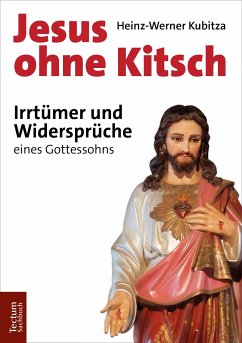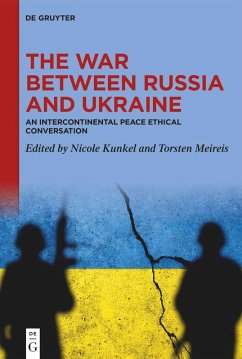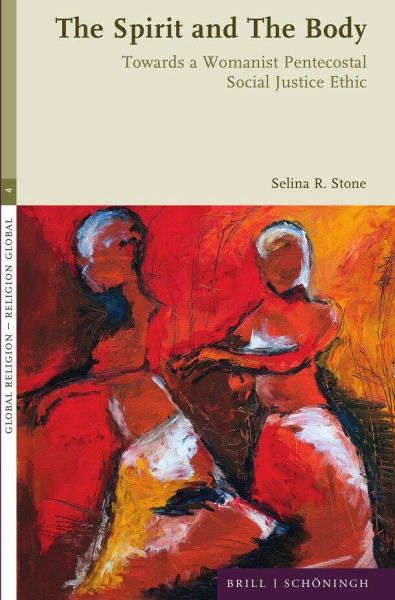
The Spirit and The Body
Towards a Womanist Pentecostal Social Justice Ethic
Versandkostenfrei!
Sofort lieferbar
118,00 €
inkl. MwSt.

PAYBACK Punkte
0 °P sammeln!
This book represents the first monograph from within Europe, and one of a few globally, which brings womanist theological ethics into dialogue with Pentecostalism. Despite its designation as an 'embodied faith', this book argues that both historically and, in the present, classical Pentecostalism is often inconsistent in its integration of the body. This is most evident in its struggle to address the hierarchies that oppress particular bodies in the church and the wider world. The Spirit and the Body looks back to the African and Wesleyan roots of the movement, the Azusa Streetrevival and the ...
This book represents the first monograph from within Europe, and one of a few globally, which brings womanist theological ethics into dialogue with Pentecostalism. Despite its designation as an 'embodied faith', this book argues that both historically and, in the present, classical Pentecostalism is often inconsistent in its integration of the body. This is most evident in its struggle to address the hierarchies that oppress particular bodies in the church and the wider world. The Spirit and the Body looks back to the African and Wesleyan roots of the movement, the Azusa Streetrevival and the start of Pentecostalism in Britain, to explore this tension. Drawing on qualitative and text-based methods, the author analyses classical progressive Pentecostalism in Britain today. The book then focuses on Black women, to construct a womanist Pentecostal pneumatology which recognises the importance of attending to the Holy Spirit and the body-especially the bodies of the oppressed-in Pentecostal theology, spirituality and action.



